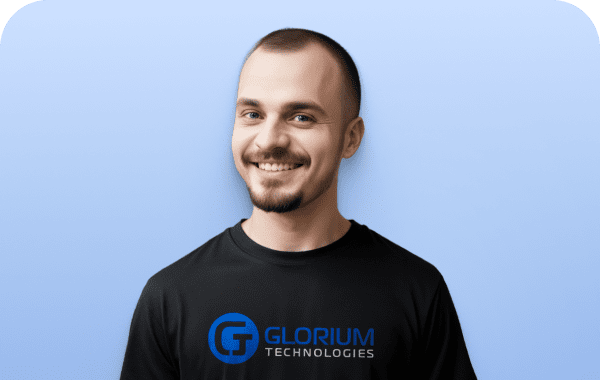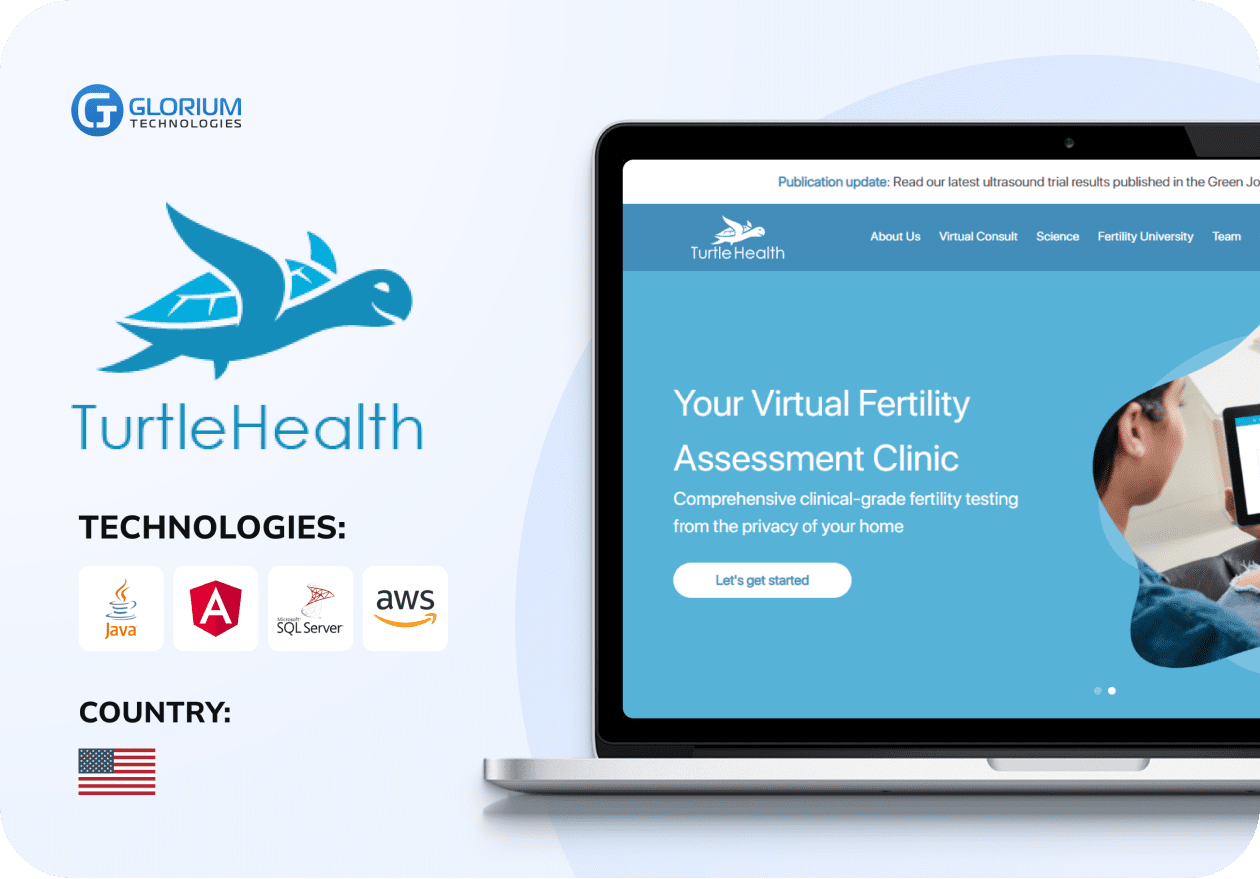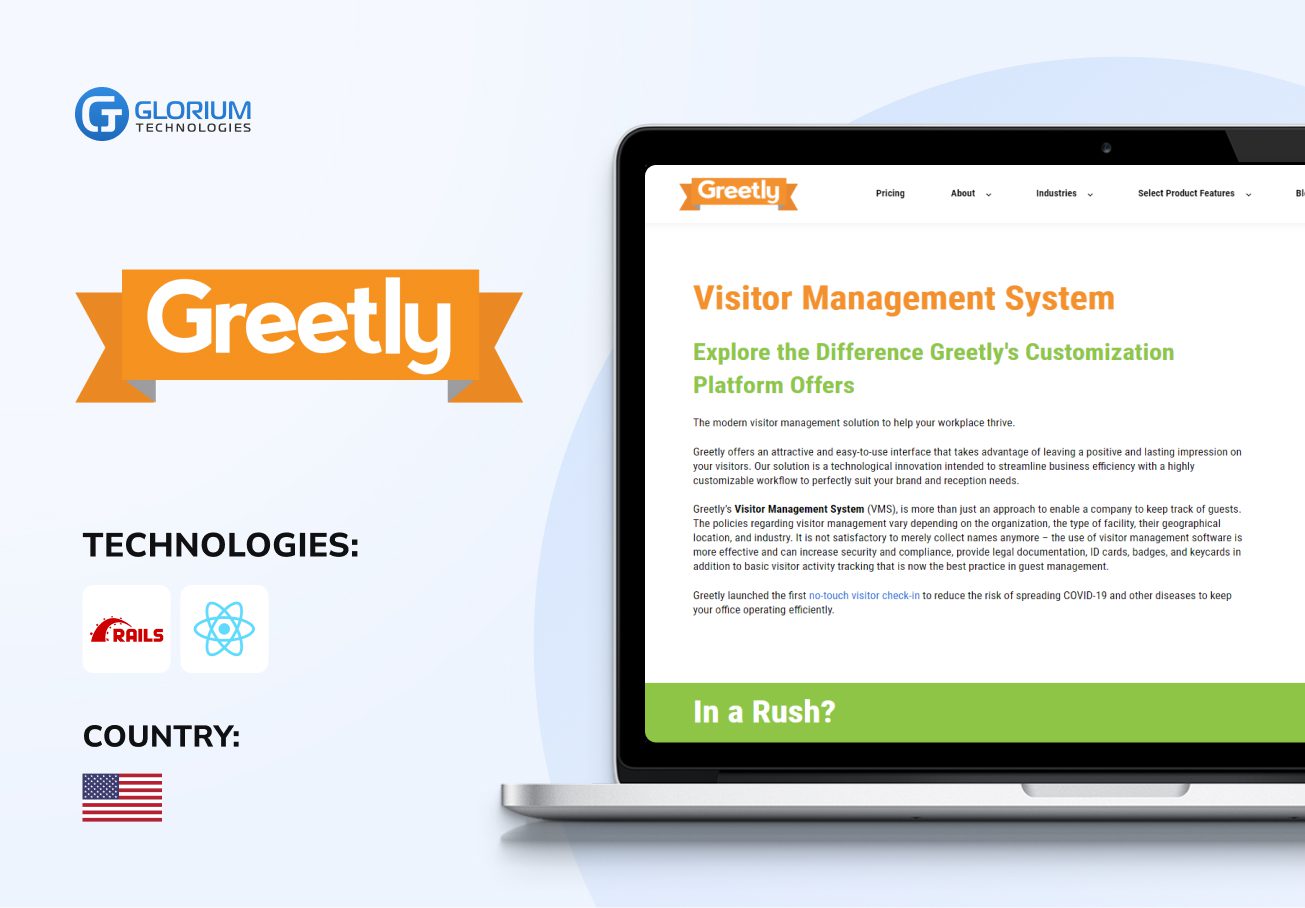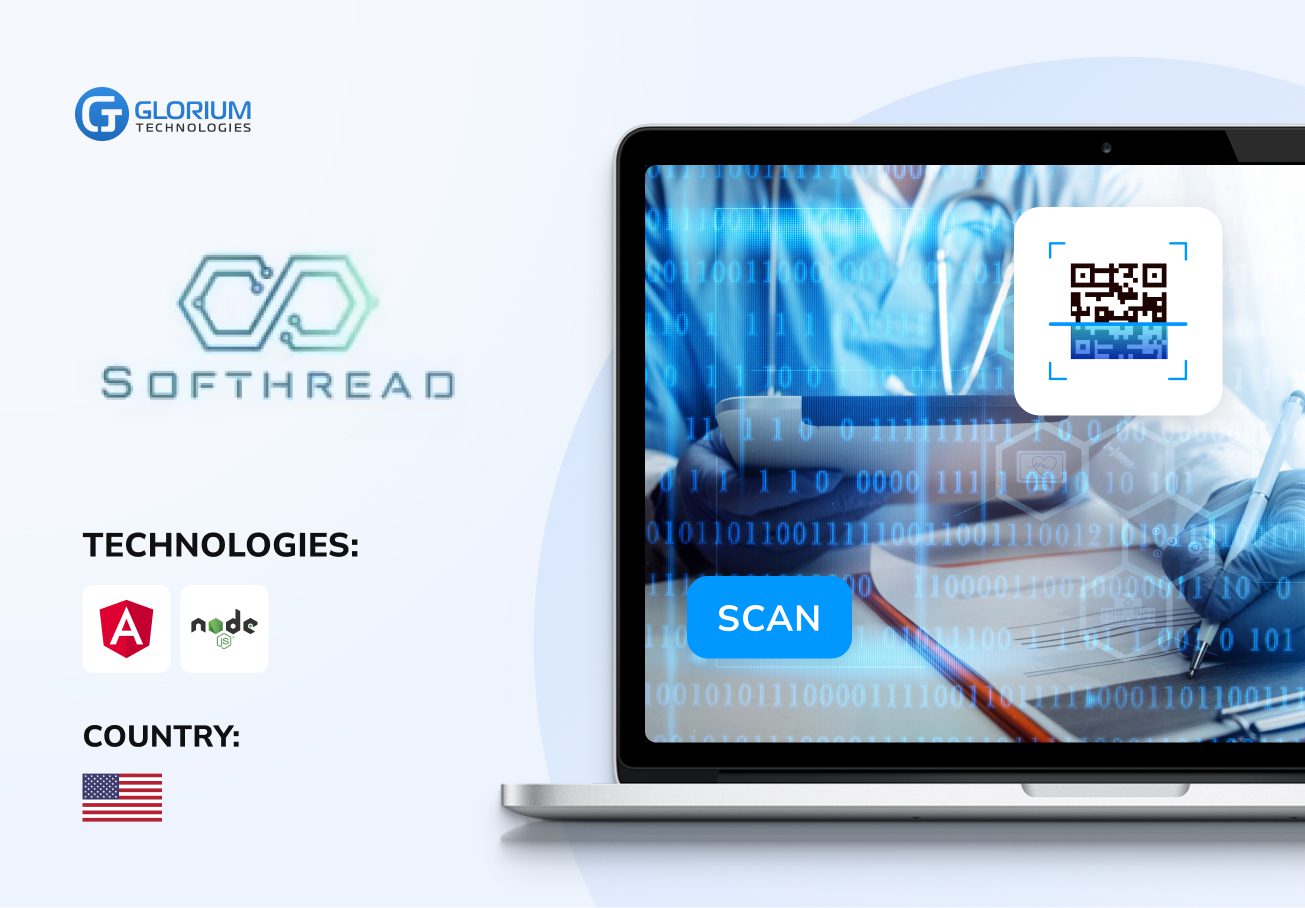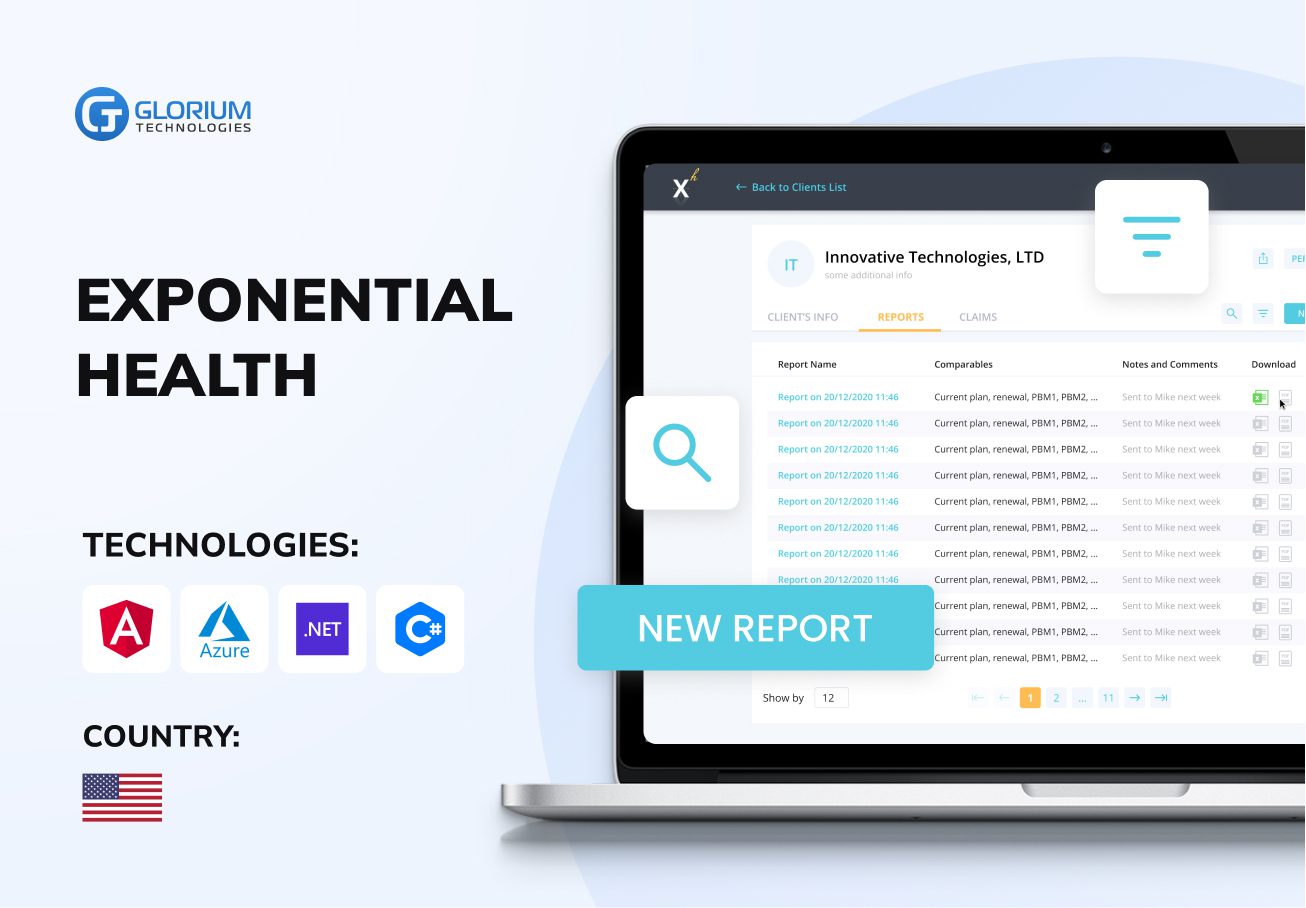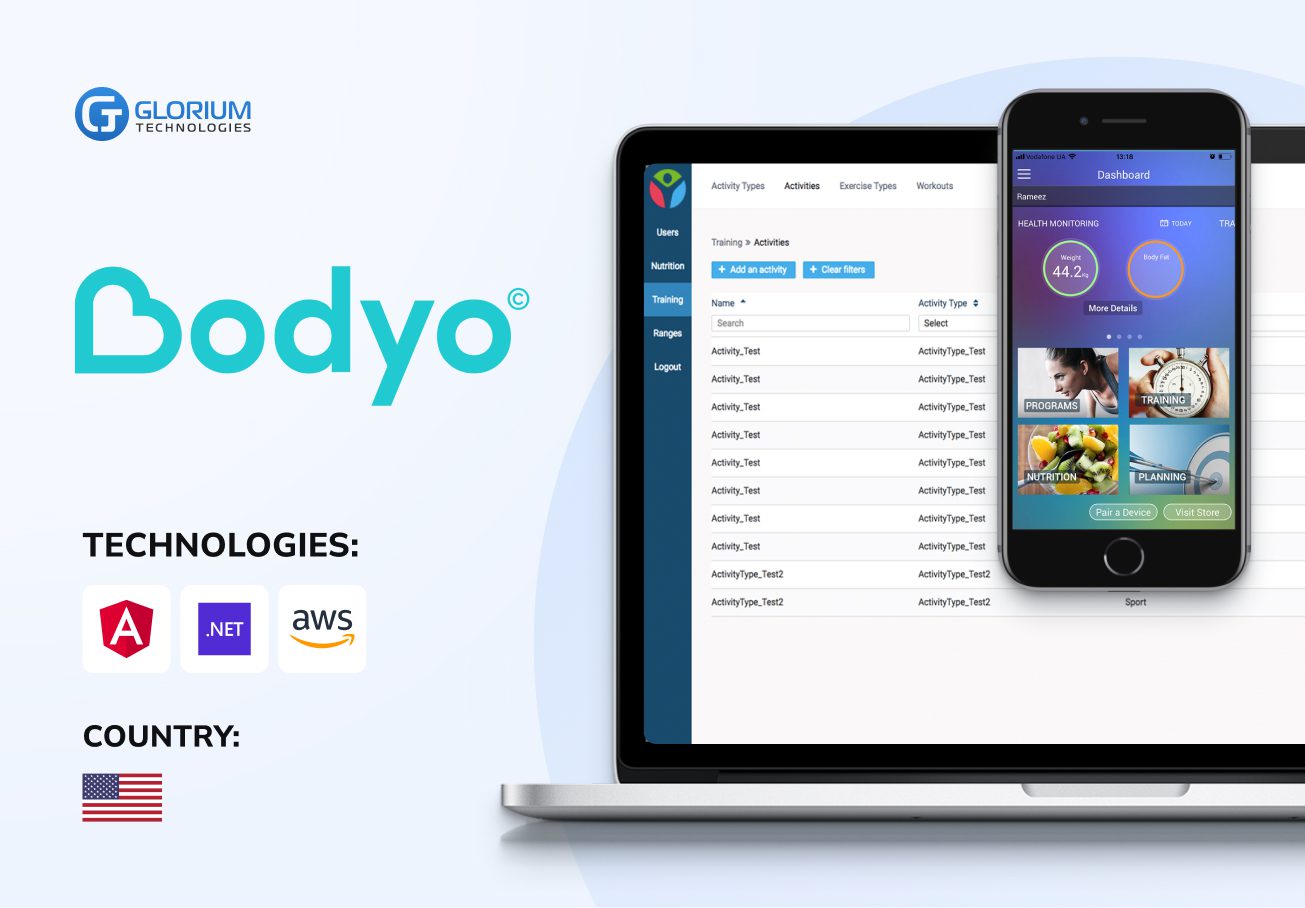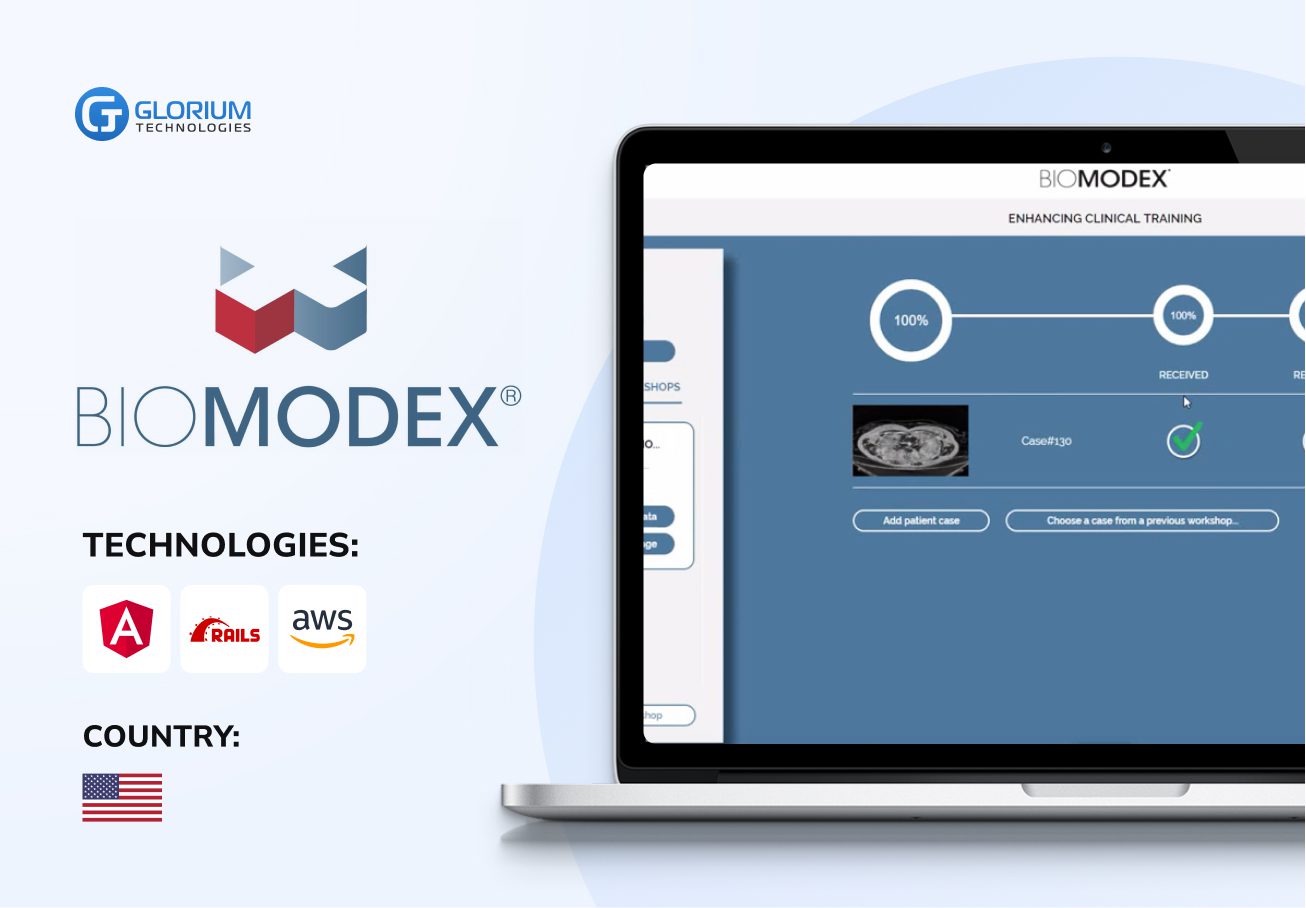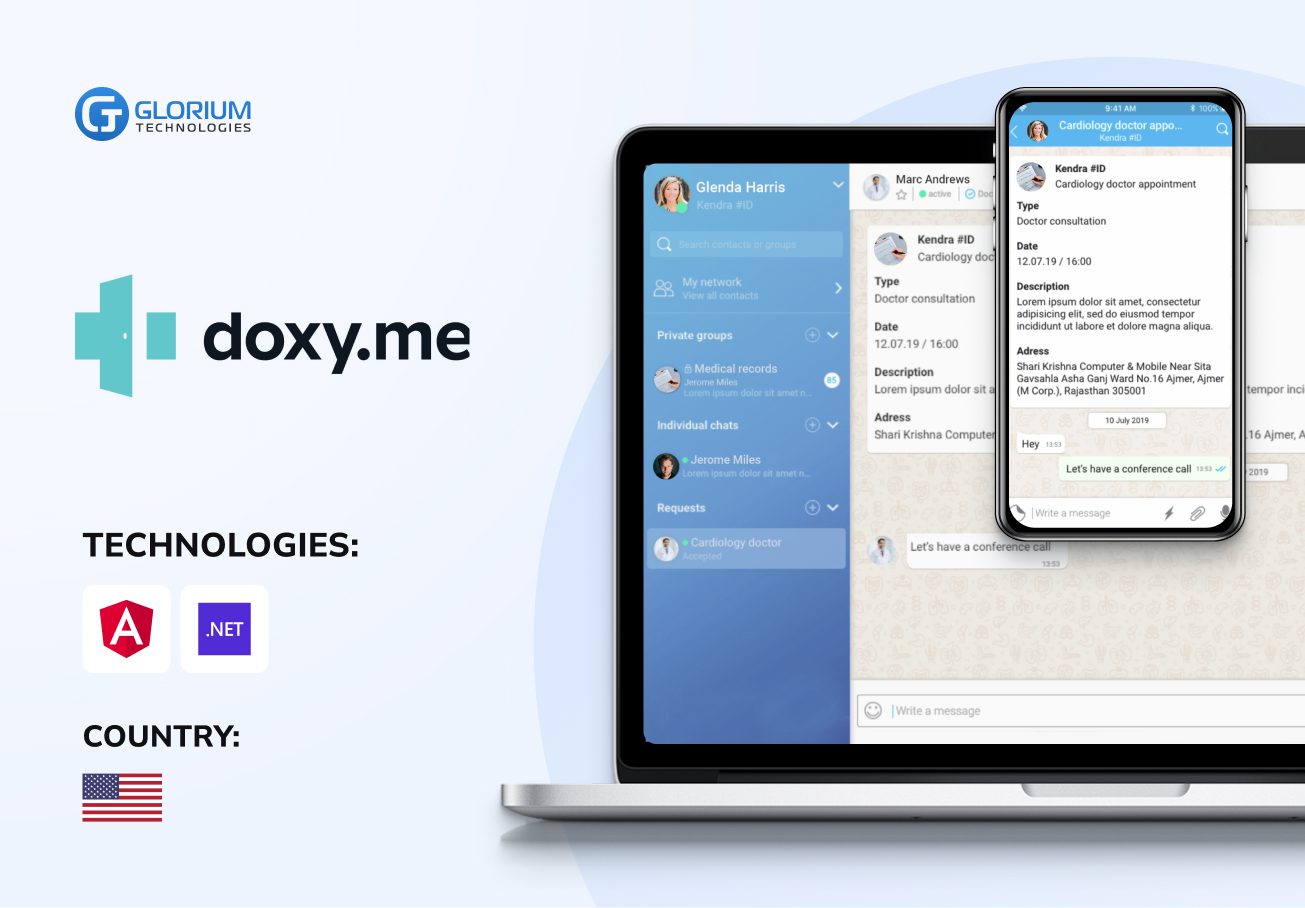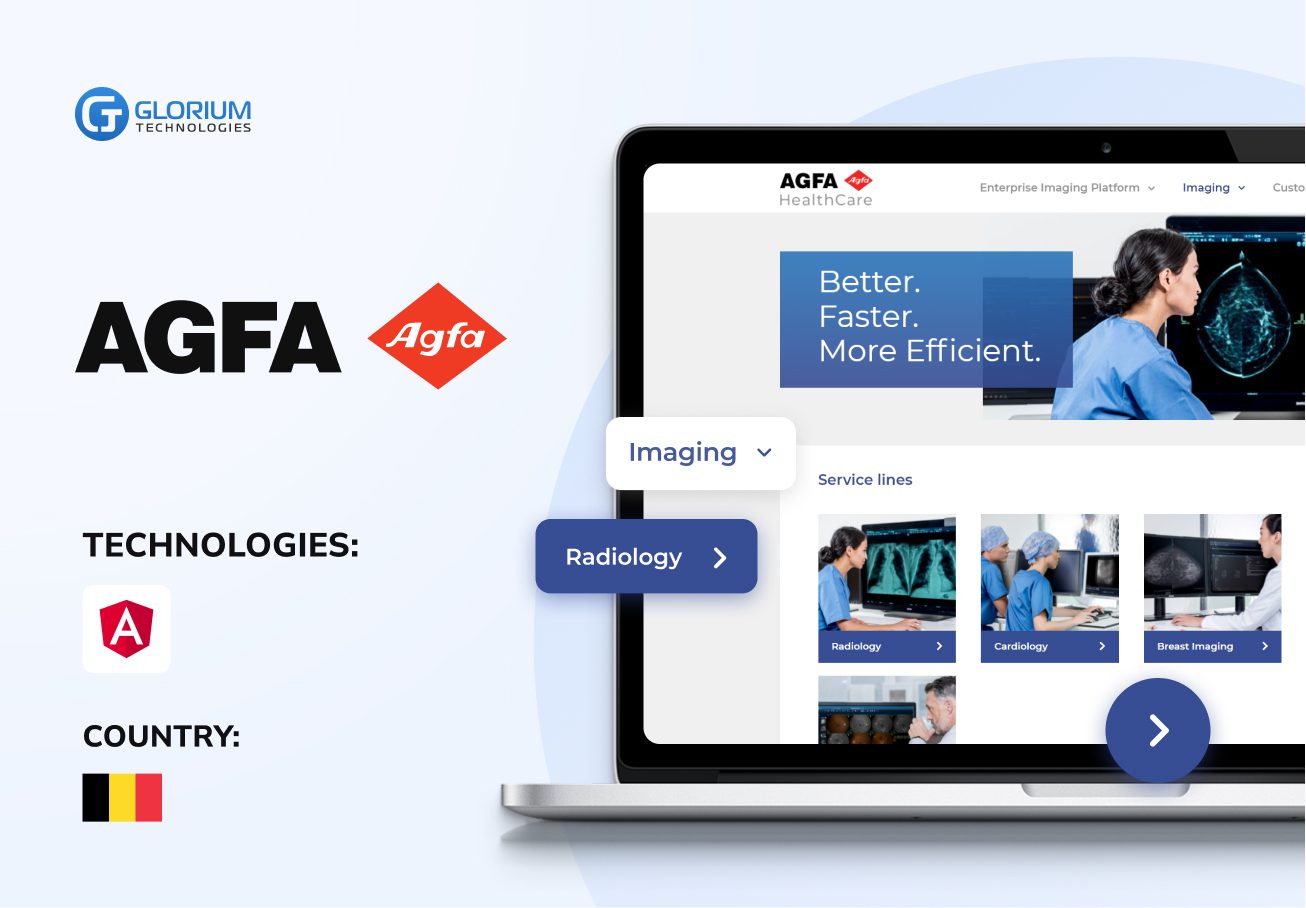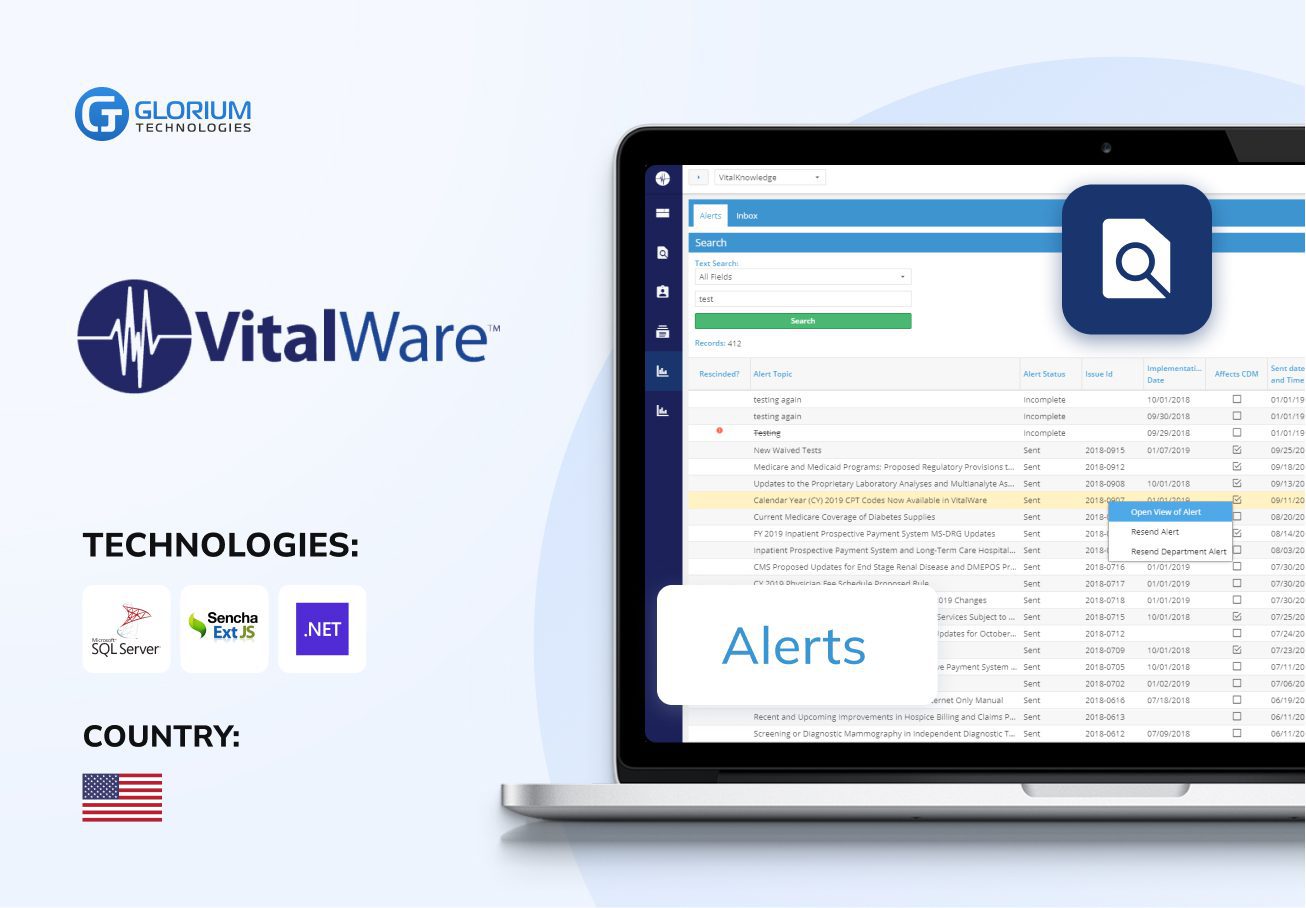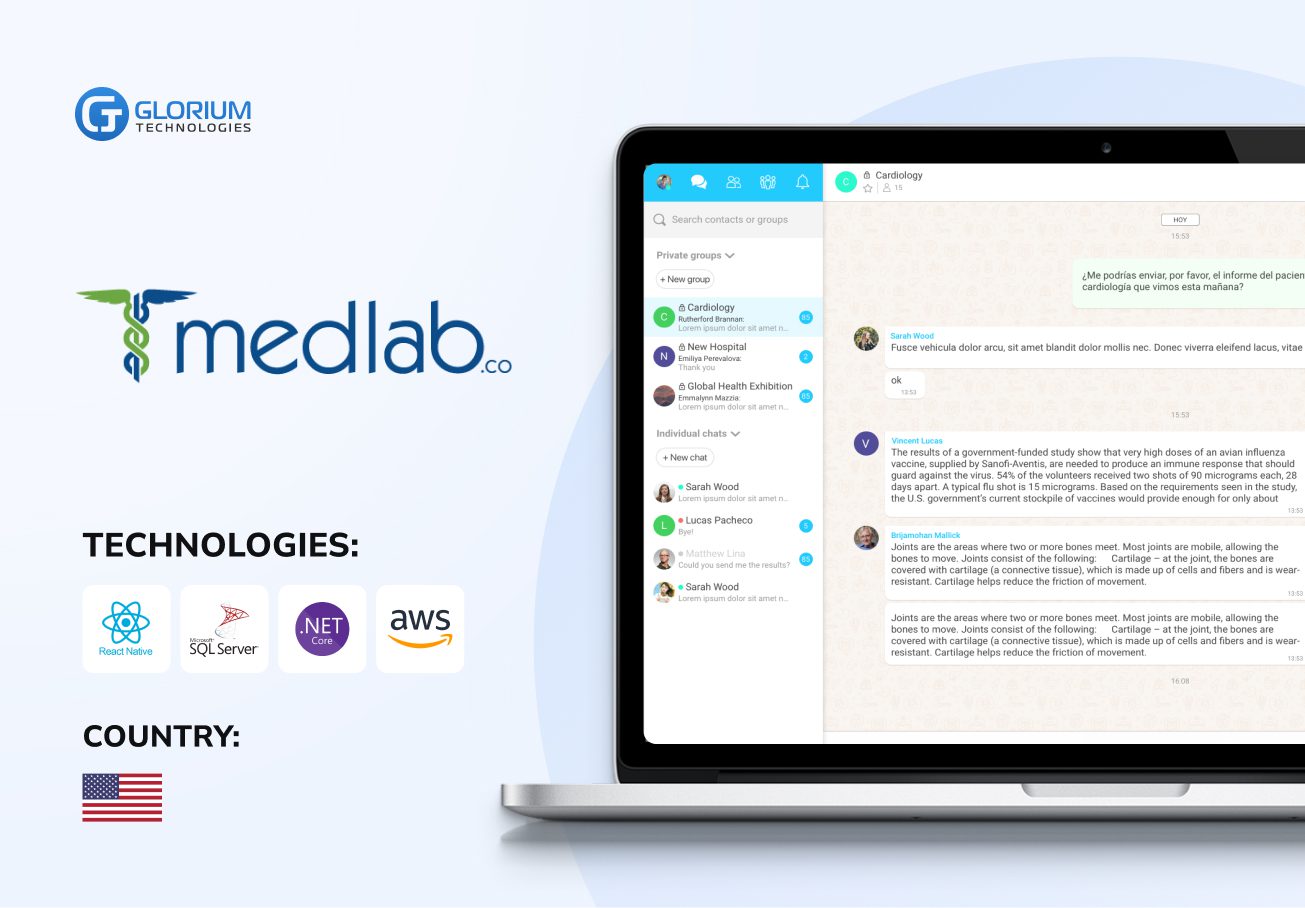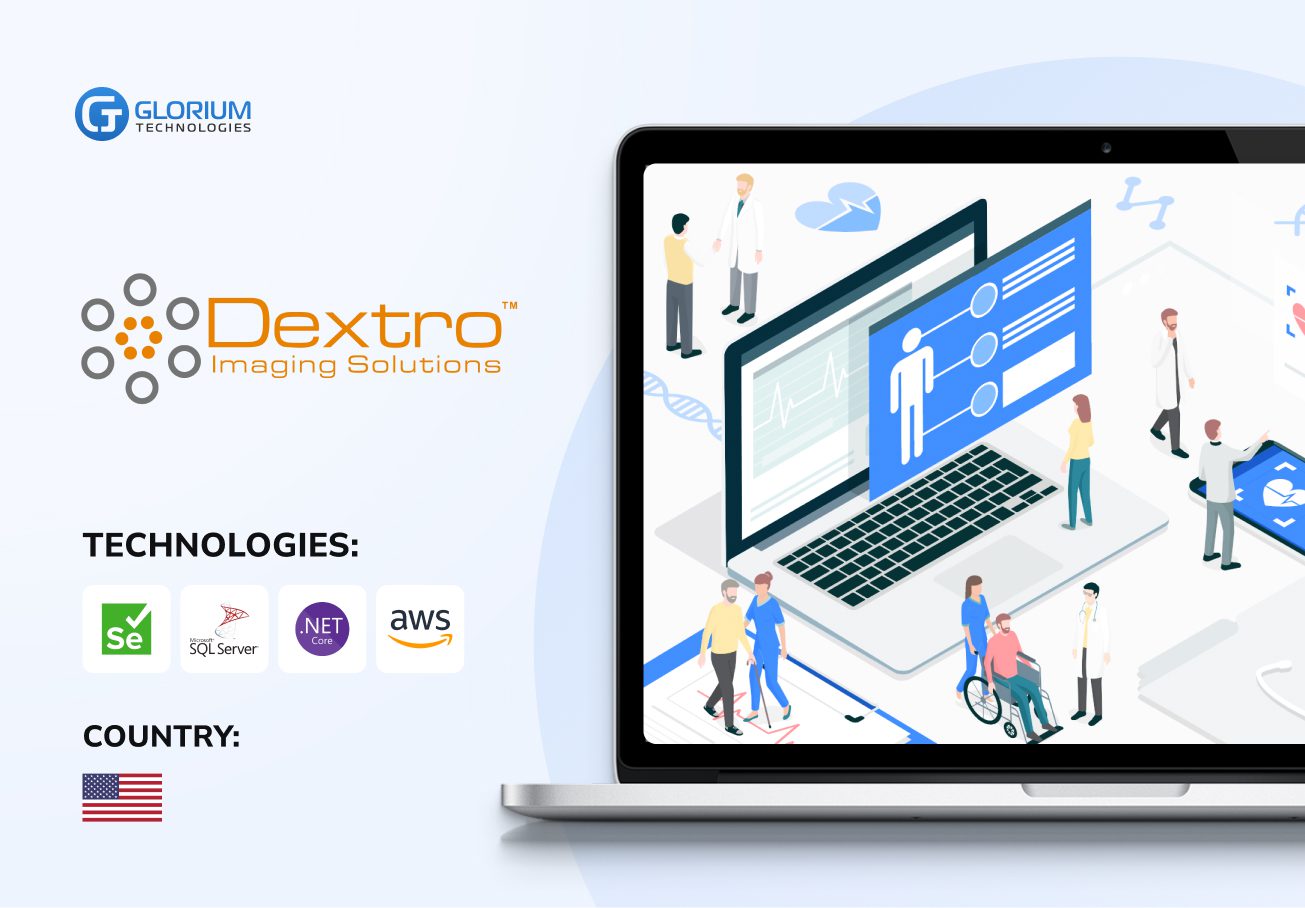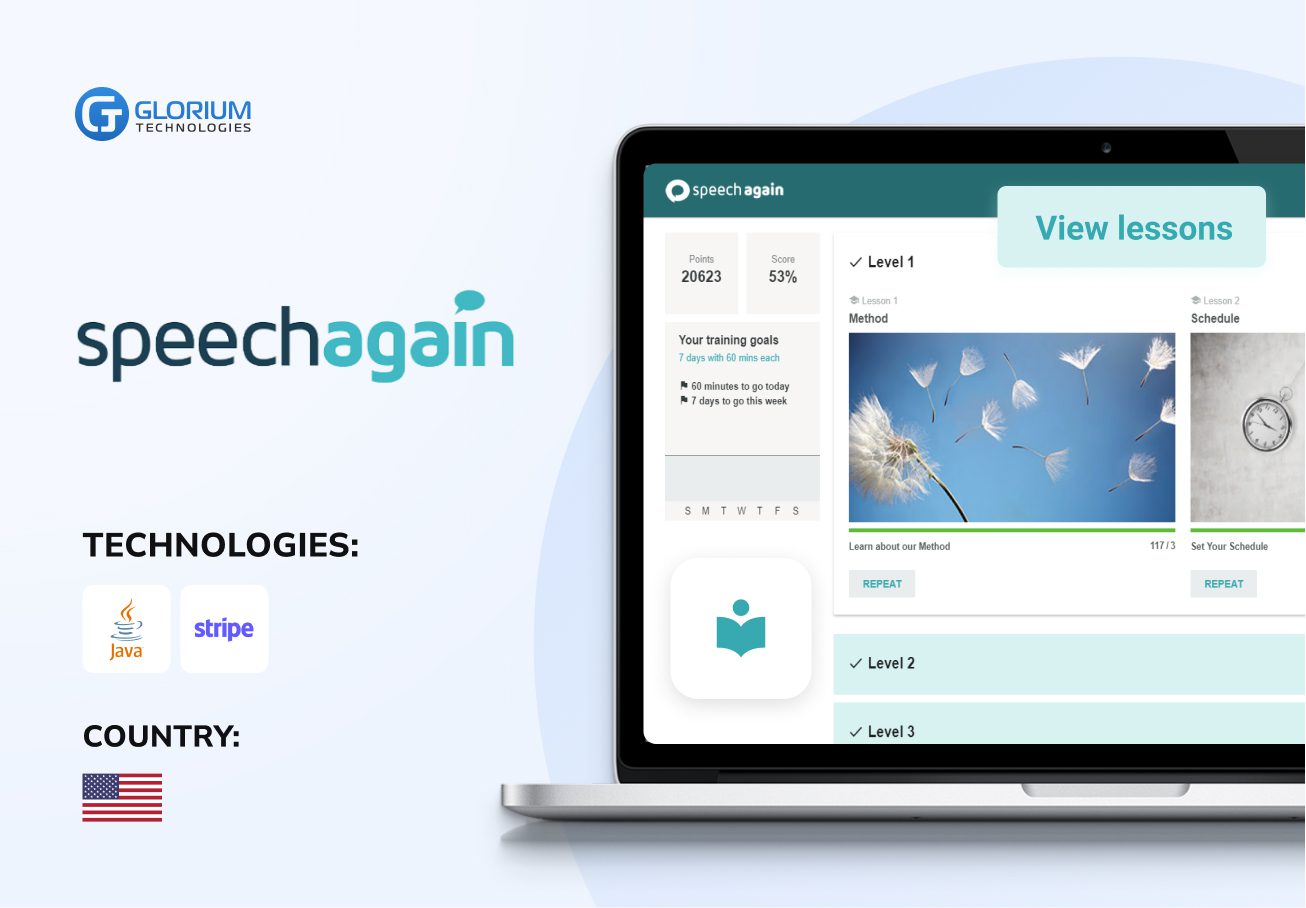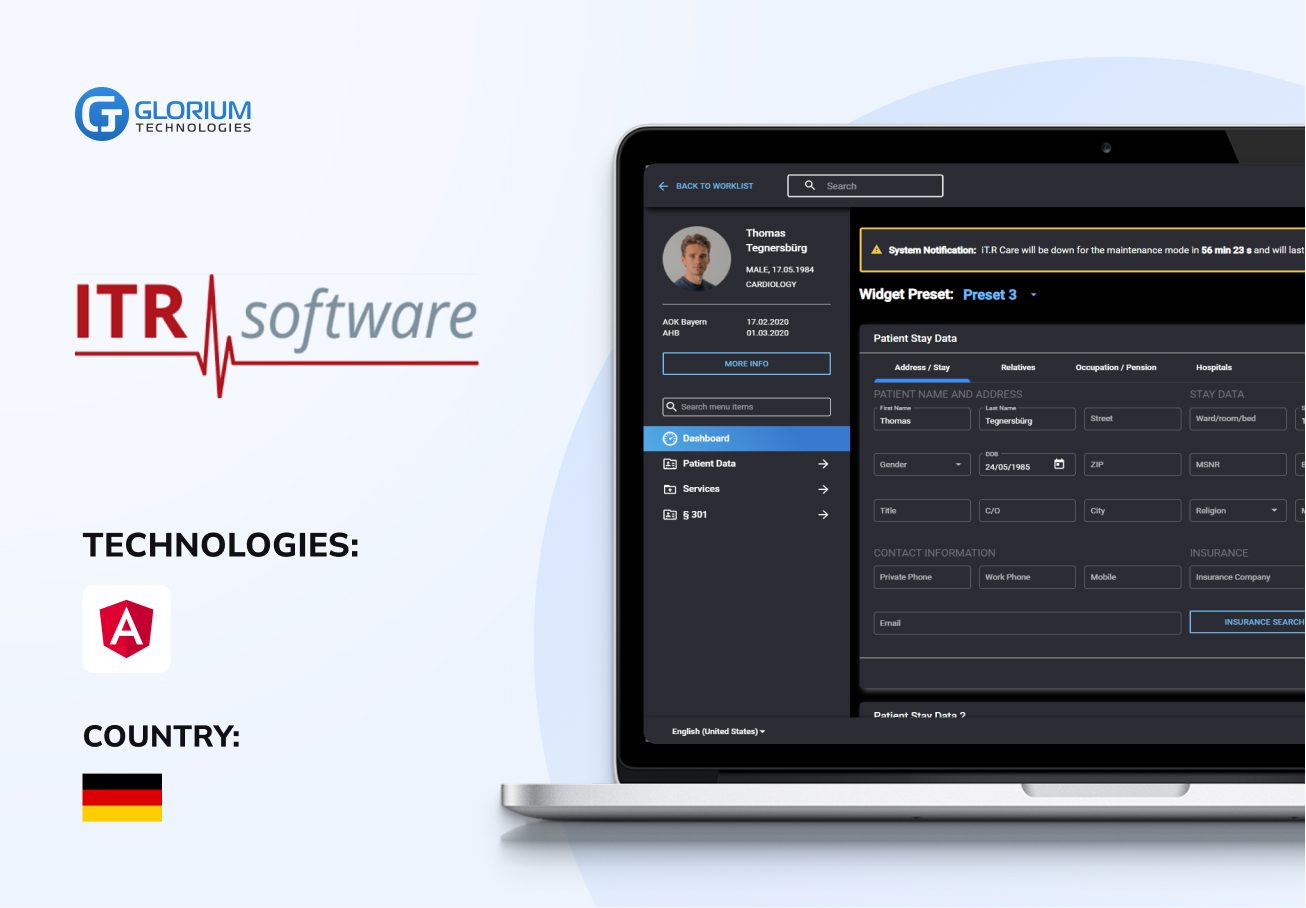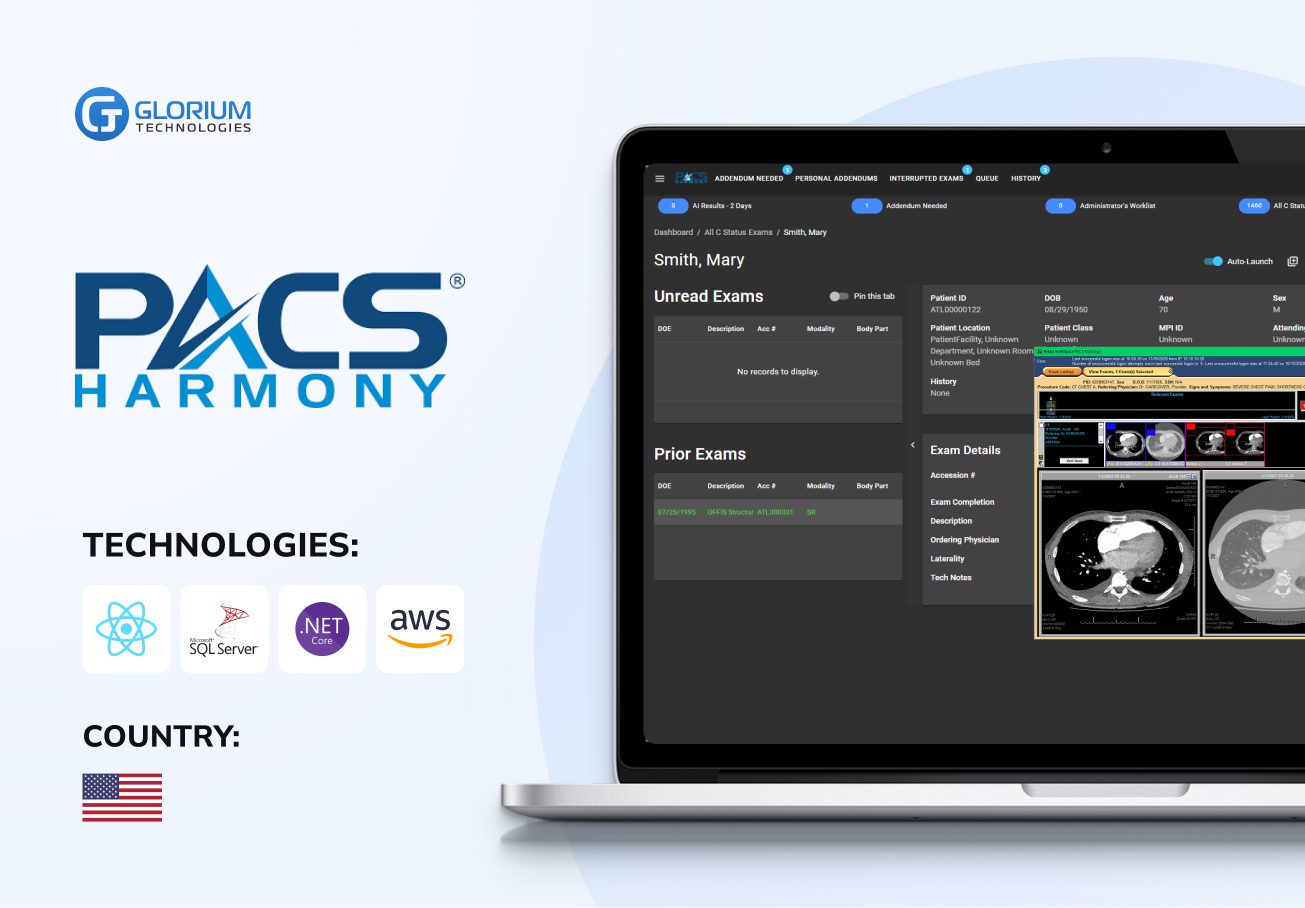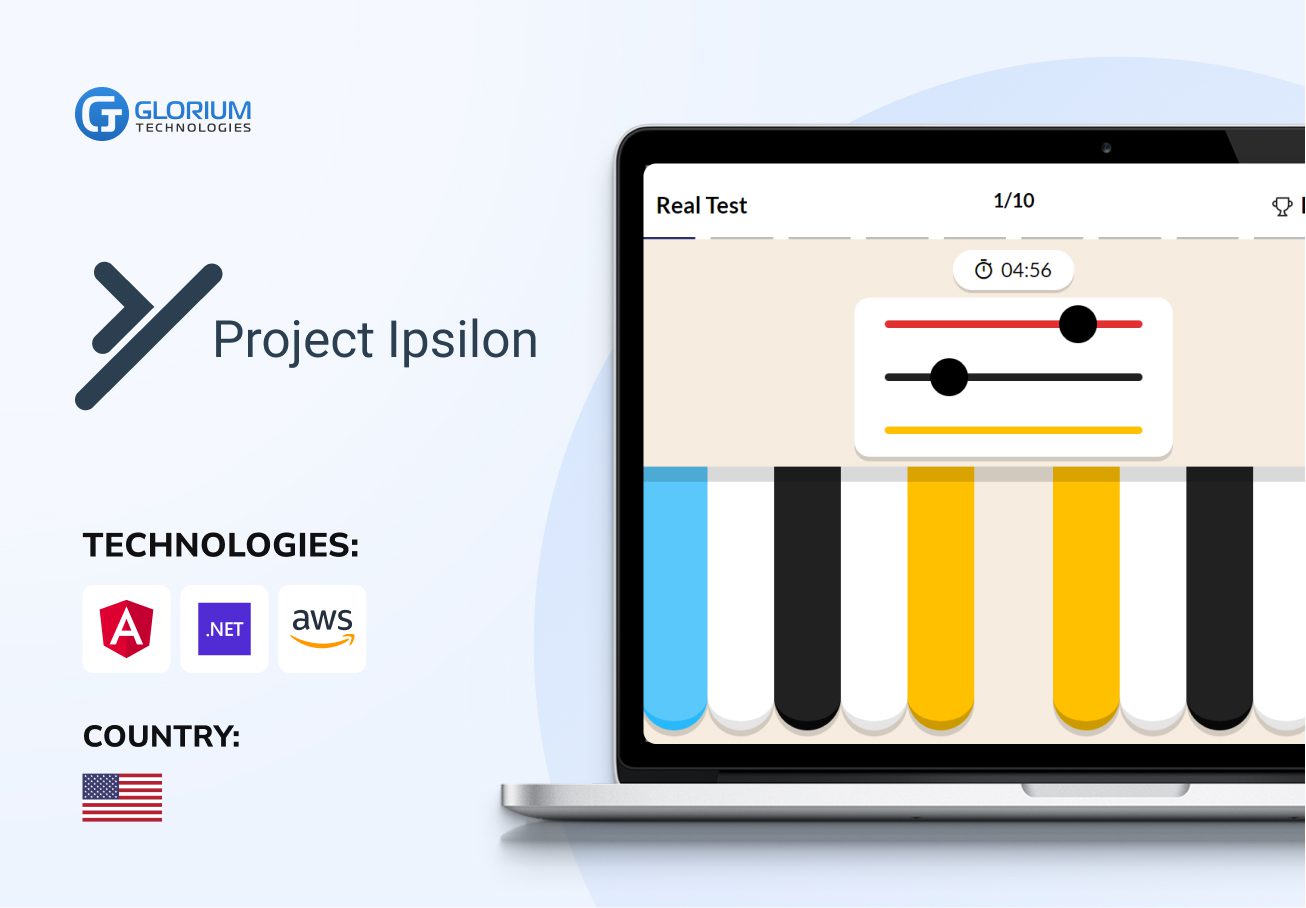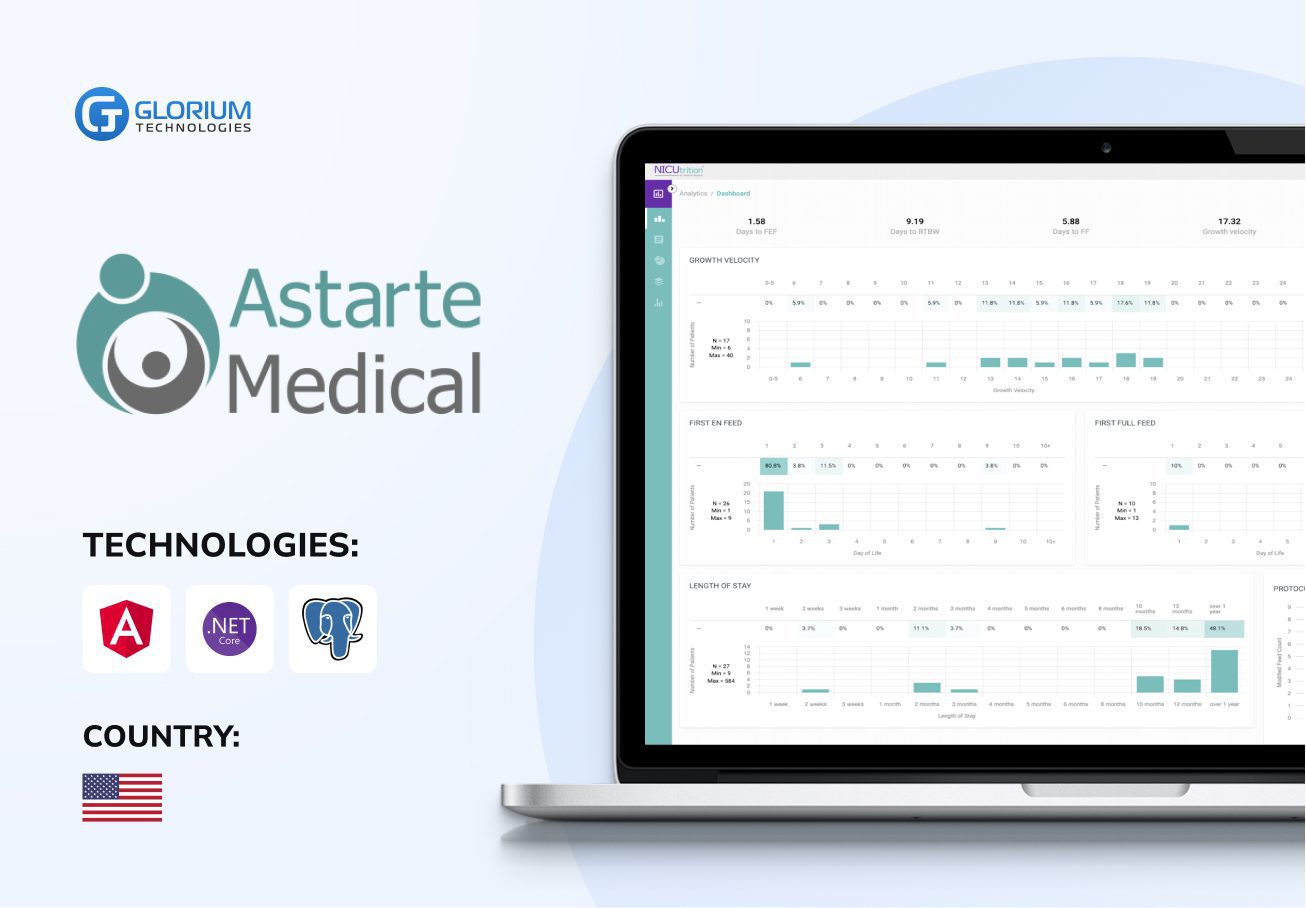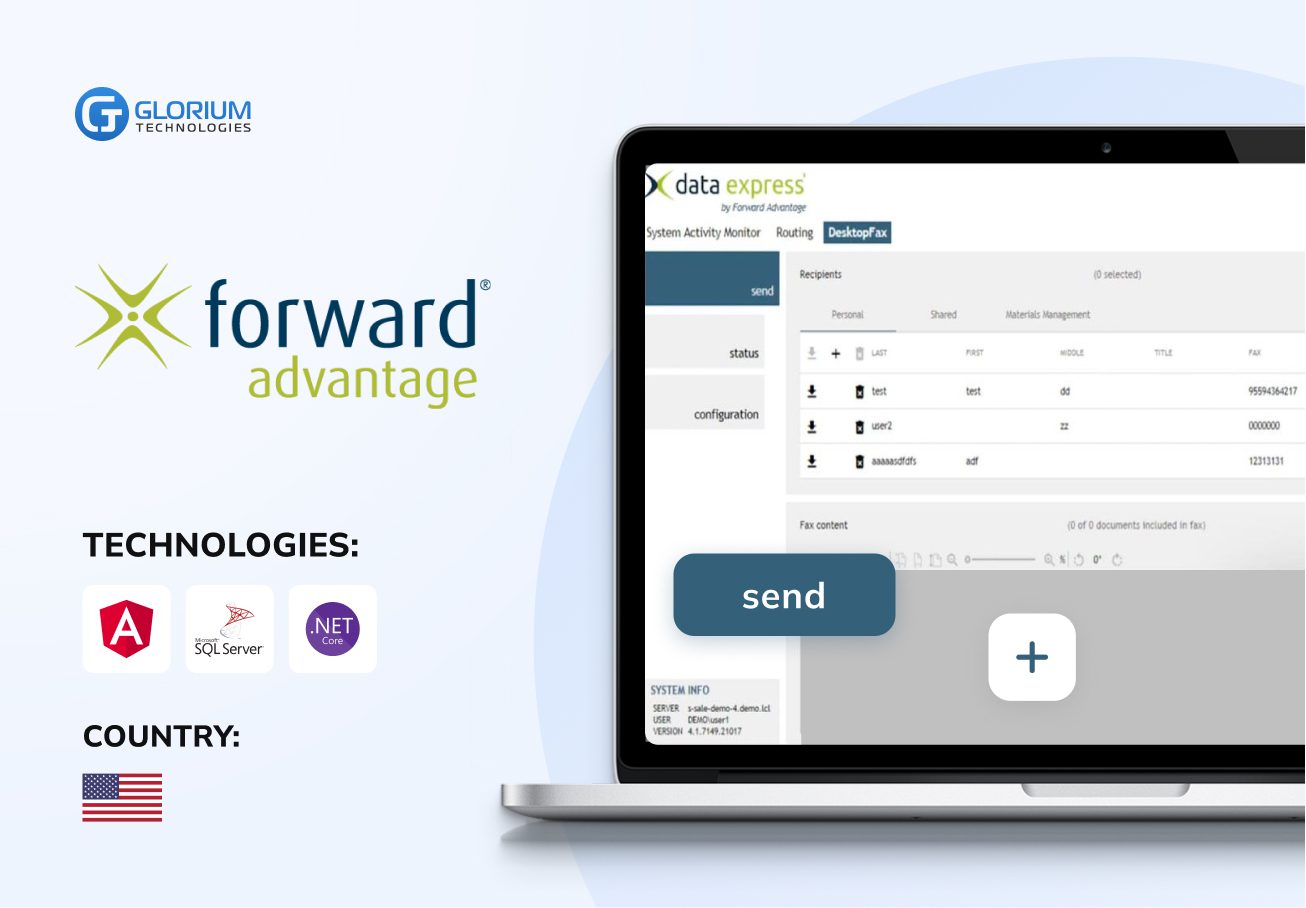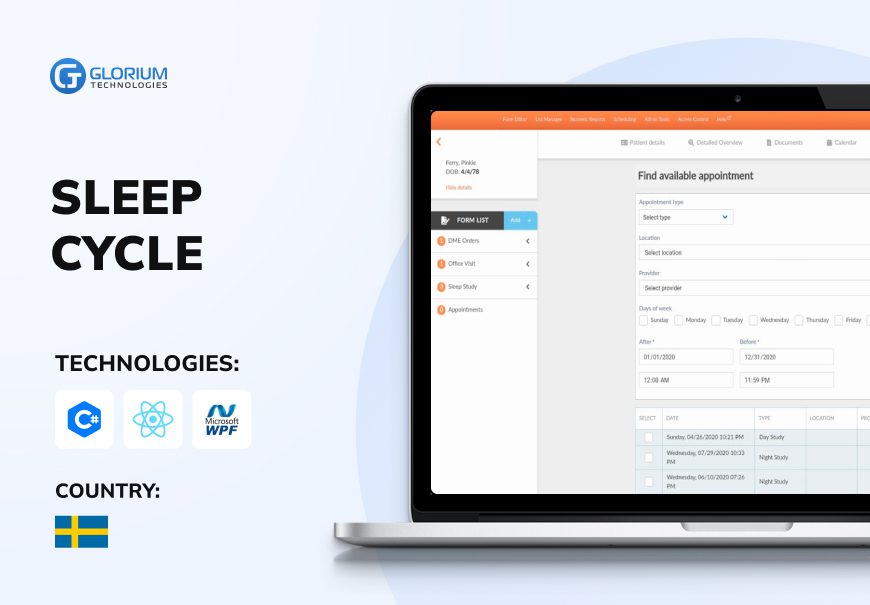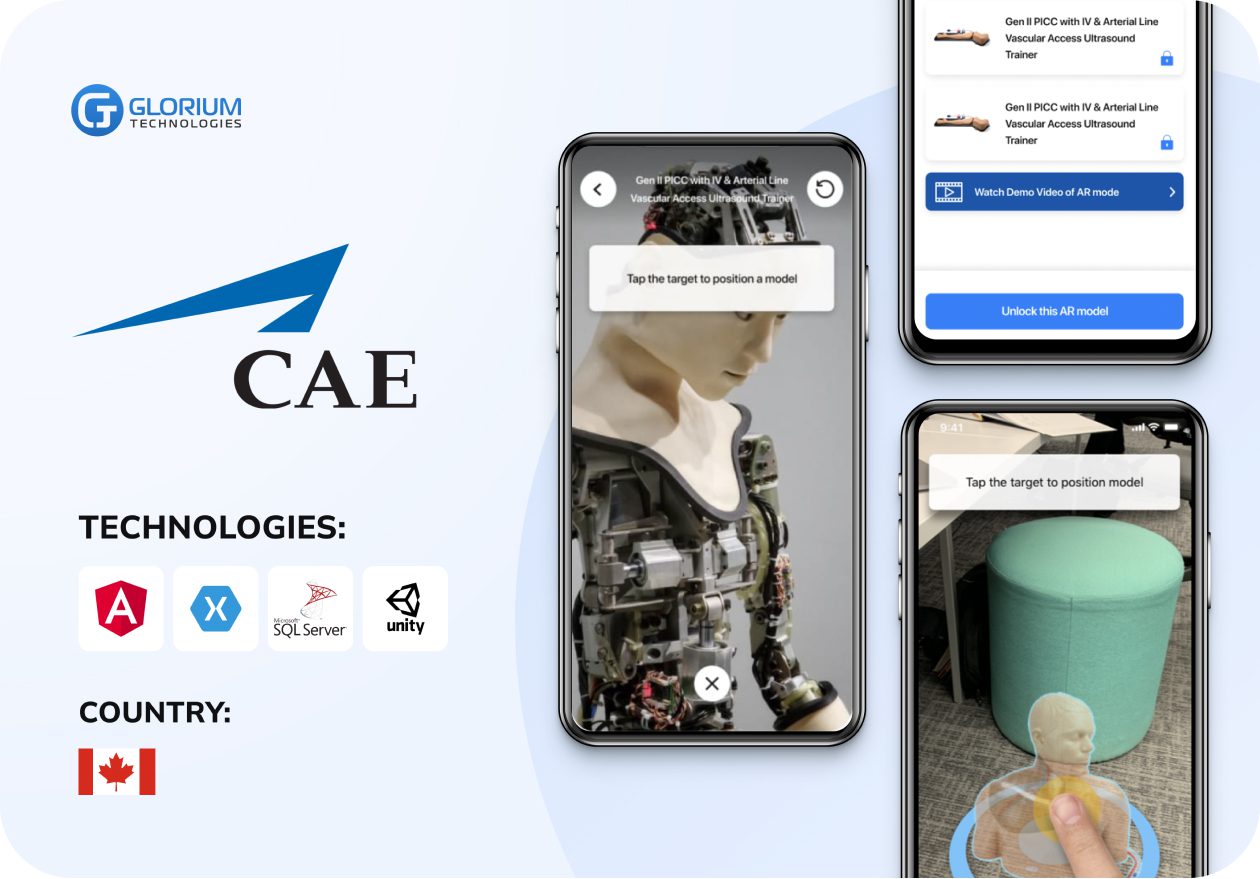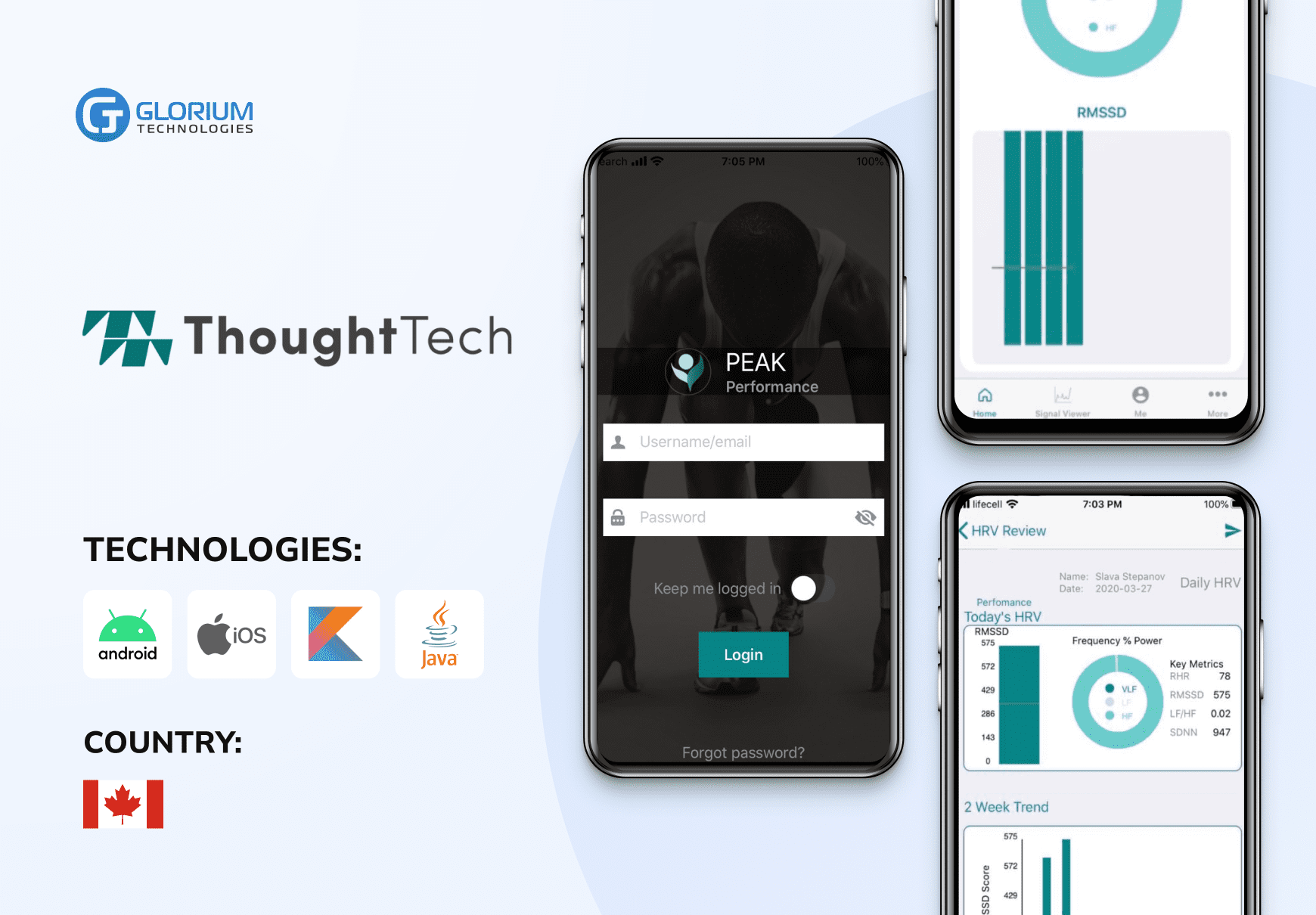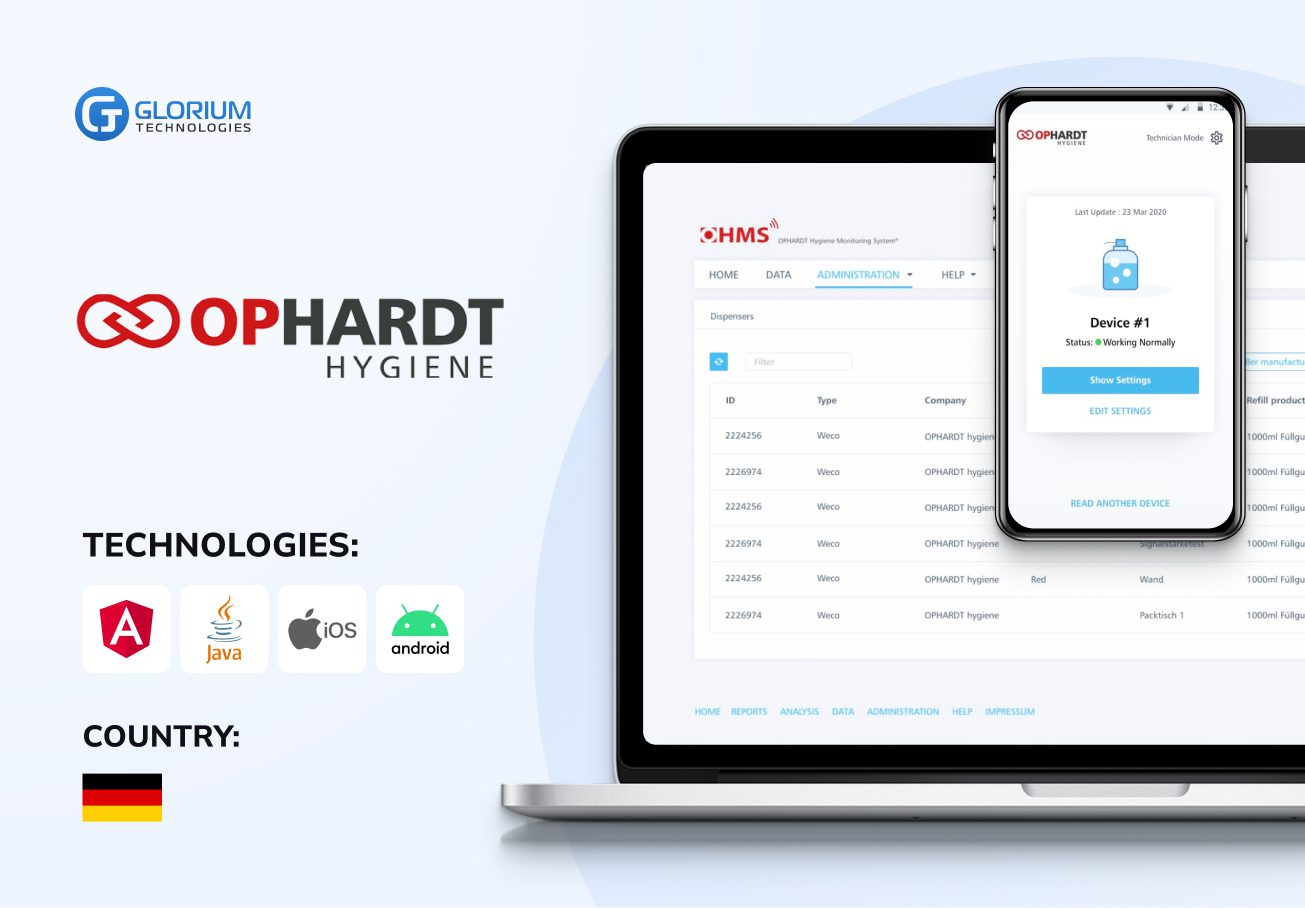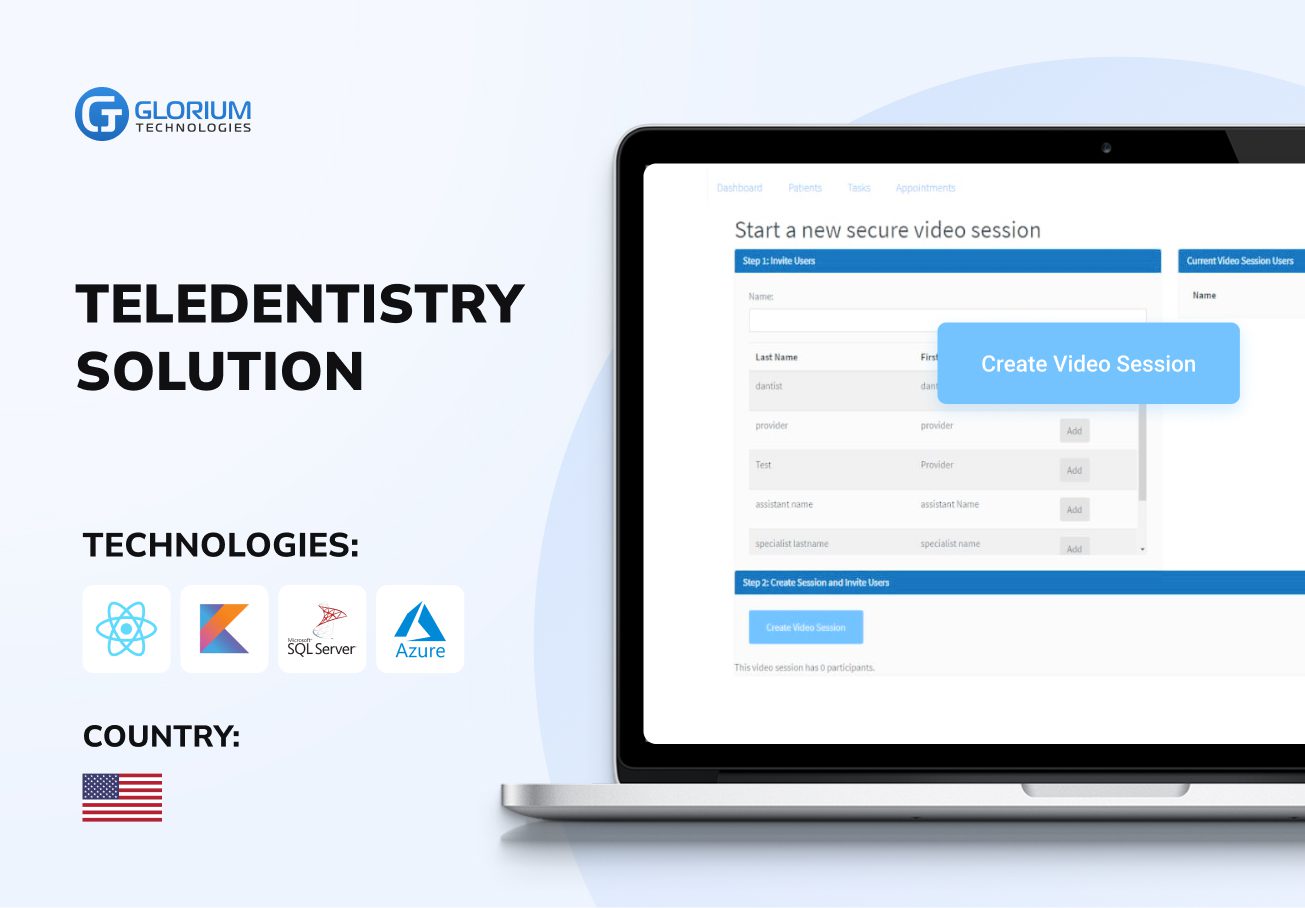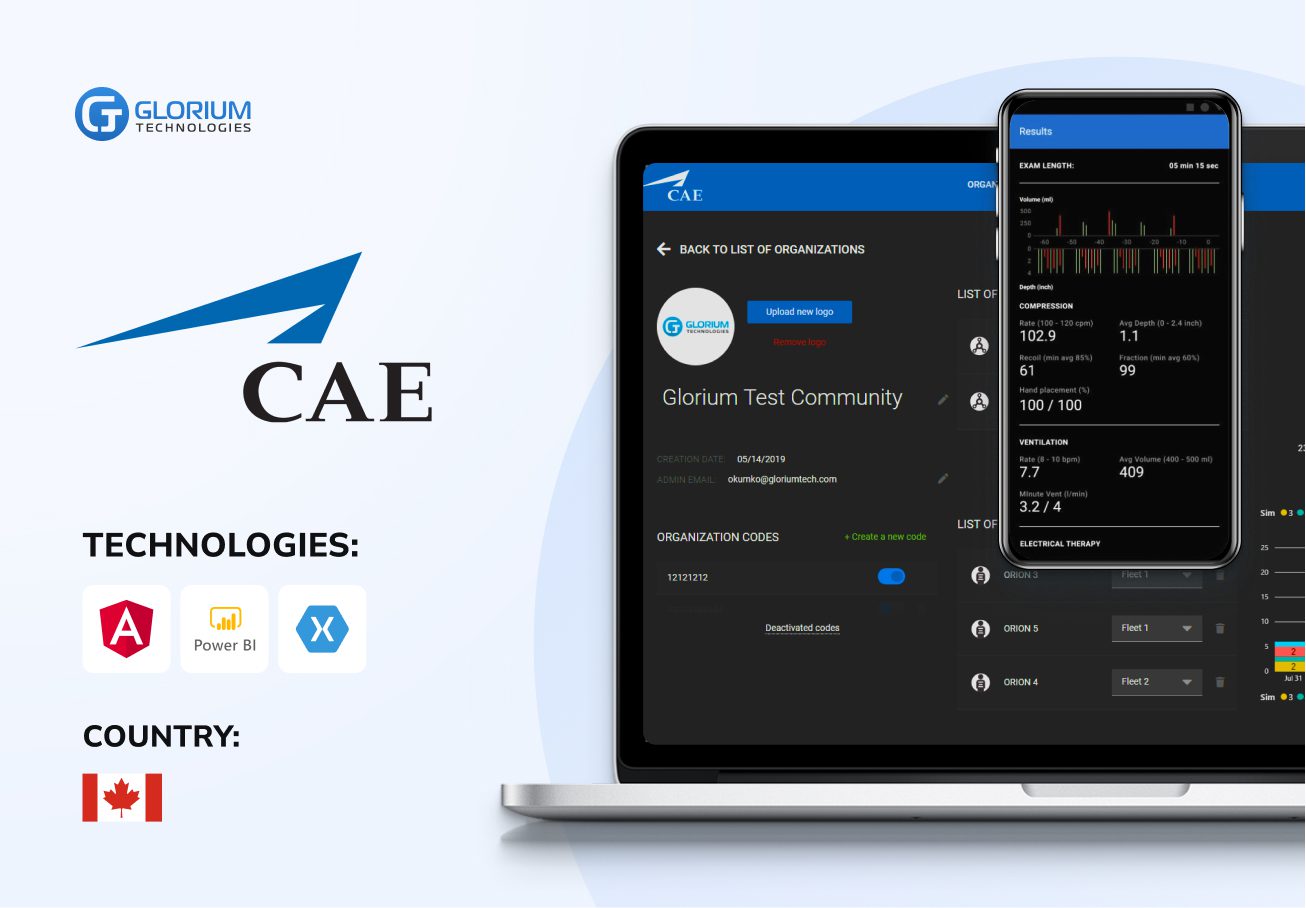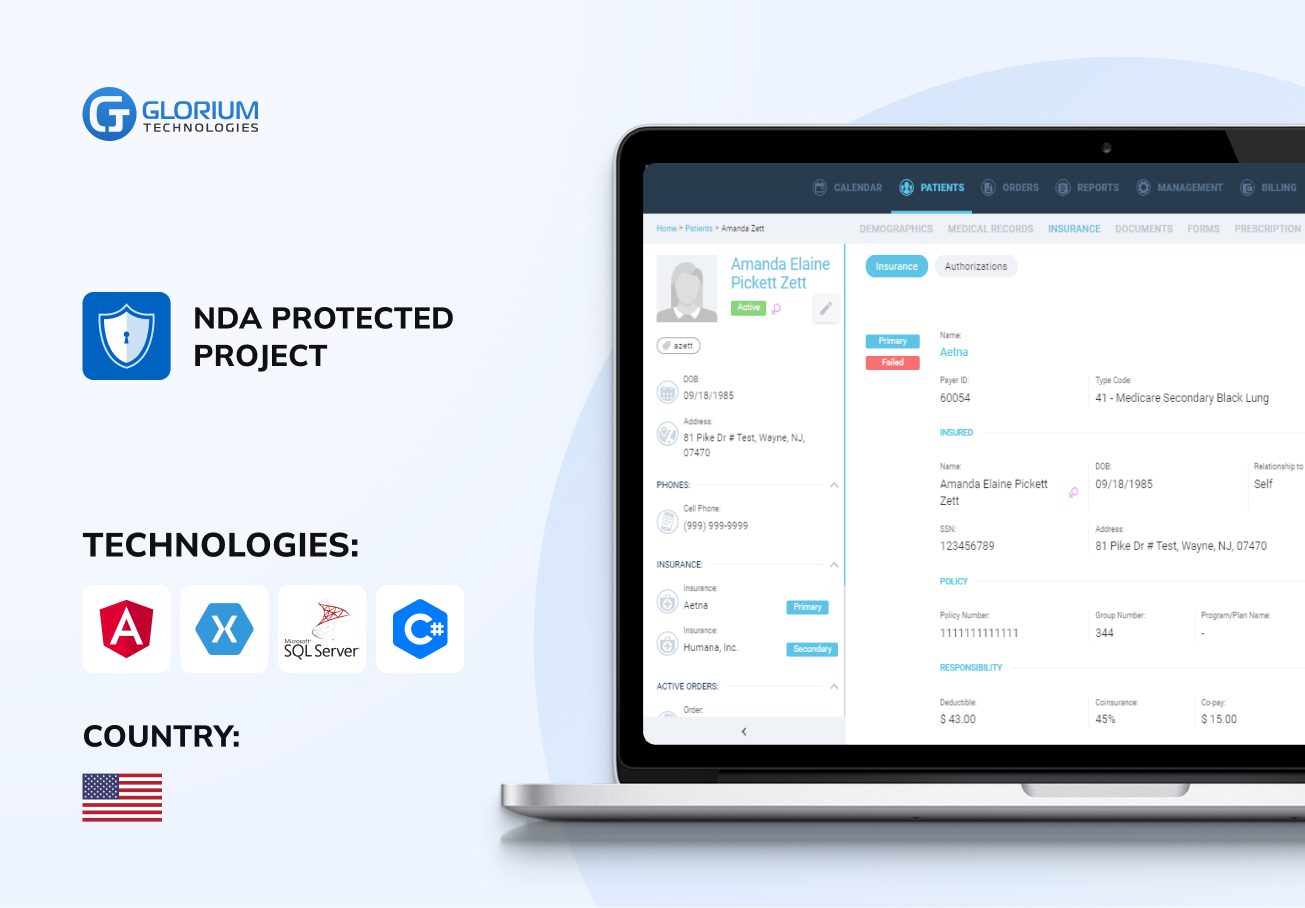AI Software Development Services
AI that Grows Your Business
Our AI development services will boost your revenue and make your product more innovative, sustainable, and client-focused.
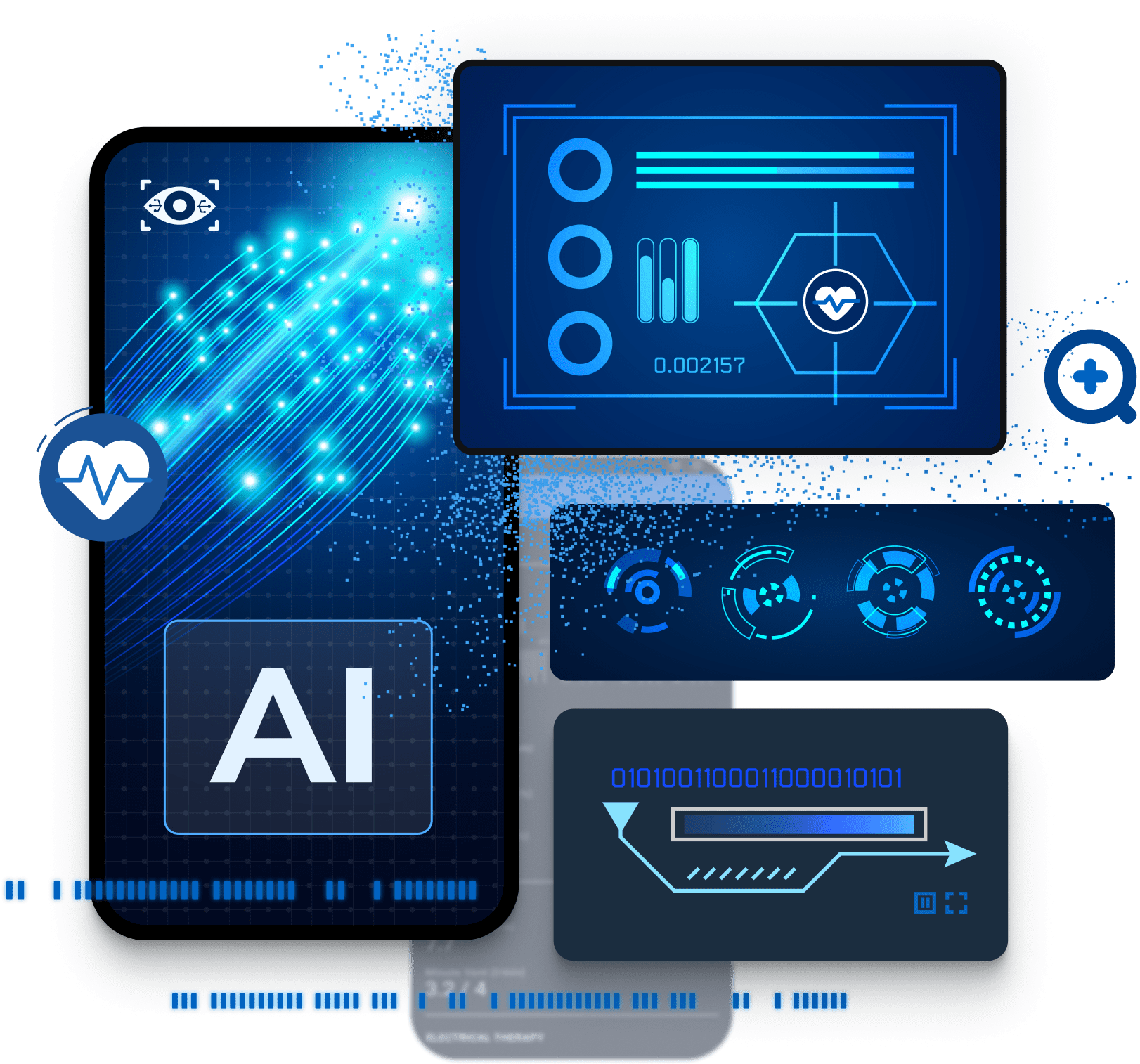
Plan Your Budget Confidently.
Choose Your Starting Point

AI Development Services We Provide
Maximize Your Business Potential With Us
Our Hands-On Industry Experience
Our Development Process
We Have Flexible Pricing
Whether you want to build a new AI tool or add AI features to your existing software, we can adjust our plans to fit your needs. Our pricing is straightforward and adaptable, designed to fit projects big and small.
Choose from various payment options based on the length or complexity of your project. This way, you can stick to your budget while getting the expert help your project demands. Let’s make AI work for you without breaking the bank.
Top AI Developers for your project
- Our teams have successfully completed more than 140+ projects in various fields.
- We strictly follow ISO standards to meet industry requirements.
- Our collaboration models are flexible and free from unnecessary delays.
- We provide high-quality development at a low cost due to our efficient management.
- Our services can be customized to fit your specific needs and budget.
- We design and develop products quickly and efficiently using the latest technologies.
- We provide a project manager to ensure clear communication and successful outcomes.
What our clients say about us

Our clients journeys
Who we are
About usGlorium Technologies is a full-cycle app & software development company which covers specific client business needs and manage them with the help of the best possible technology solutions.
Since 2010, we have been inventing digital breakthroughs, helping startups and businesses come out on top in their markets.

Why choose us
Let's Connect!
How to Implement AI in Your Business
AI integration becomes the main component if you want to boost your operational efficiency and as a result, improve the quality of services and increase revenue. This article provides general information on how to embrace the change that comes with AI software development services to transform your business.
As much as there are exciting opportunities that come with new technologies, many companies experience challenges while implementing the AI in their systems. Peculiarities such as negative feedback from staff, or beliefs that the using of AI tools will cost the company a lot of money are some of the main challenges that delay the take-off of innovative solutions. Also, there is constantly the pressure to improve results in order to deliver the best results possible.
Nevertheless, new advancements in Artificial Intelligence is gaining popularity in the software development. Various corporate giants like Google, Microsoft, Amazon, Salesforce, and NVIDIA are investing more in AI. Still, a small number of businesses are ready to start their journey with AI software development. CNBS report stated that 75% of companies had some experiments with AI in 2023, and 9% of companies decided to adopt it fully. McKinsey research shows that currently, only 21% of all organizations are prepared for Gen AI. Among them, some companies use AI in business processes, and some of them make assessments to know they are ready for integrating AI in software development.
Gen AI and Predictive AI in Software Development
AI has, transformed aspects relating to the administration and customer support. It has been seen that use of AI has become a trend where AI in software development and generation of codes replaces software engineers in many aspects like coding and testing or writing normal codes and tedious testing processes, and engineers can then use their skills in developing more challenging software programs.
Also, it has become essential that systems can generate code in various domains through the use of artificial intelligence. It offers true code snippets of high quality and free from errors, which helps cut down the time to complete the project and also saves the human coders from the tedious work.
Two primary types of AI are often discussed: traditional AI and generative AI. Both are quite different from one another and have their individual uses and advantages in different fields. In this article, we will identify some of the key categories of AI that are implemented in software development.
Healthcare, real estate, marketing and other fields with stakes in traditional AI came away with physical and numerical code generation. Traditional AI defines ordinary concepts that use algorithms to assess data in order to make decisions. Traditional artificial intelligence can help startups, as well as companies, to deal with data, or sometimes can work as diagnosis tools.
As with other types, it uses a sizable amount of machine learning where systems are trained and get better at what they do with time. For instance, the model would need to train on thousands of X-ray images in order to figure out which of them exhibit demonstrable symptoms of pneumonia. These examples demonstrated how the concept of reducing costs is an important idea that contributes to consistent success in improving business processes.
Therefore, in general, the primary advantage of traditional AI lies in the fact that it is capable of handling large sets of data at extremely high speed with small percentage of errors. For this reason, it assists in managing the burden of the workforce in the different sectors and supports the decision-making process since time is of the essence in most of these facilities.
Another fact is about promising branch of AI is generative AI, which does not forecast results but works on data and develops new instances. It can create words and phrases and images, and even computerized models, which are good for learning or practicing scenarios in the medical field.
Benefits of Gen AI
This is the case of the new gen AI that does not follow the logic of learning from the data and then predicting new values. What can be done with it is to write text, draw images, and even create simulations that would be beneficial in training or some sort in different fields. For instance, generative AI can generate realistic cases for training purposes without needing the true data.
The final characteristic of generative AI is its capacity to innovate. Closely related, and still in the same context, it can propose approaches for managing properties, creating new revenue streams, gaining competitive edge. This type of AI is particularly useful for innovation and application in predictive medicine, which is the utilization of highly customized treatment plans to patients.
Traditional AI and code generation
Classic or traditional (predictive) AI applies mathematical models which they use to examine input data and then make decisions on the results of the assessments. Small businesses, especially startups can utilize traditional artificial intelligence to deal with personal information, medical records, or property.
This is a method that heavily utilizes artificial learning, where systems adapt to the data being fed into them over time to make improvements to the system. In another case, AI will need to study thousands of X-ray images with the aim of detecting signals of pneumonia. Such examples demonstrated the effectiveness of cost reduction paired with outstanding indicators in optimizing processes.
Thus, the greatest advantage of traditional AI lies in the readiness of these tools to process large amounts of data within a short timeframe and demonstrating increased accuracy in the process. It also assists in easing the burden of work on the professionals while also aiding in offering faster solutions which are vital in different areas.
Differences between predictive AI and Gen AI
Before choosing predictive AI or Generative AI for your business, let’s describe the main differences between them.
Functionality
Traditional AI deals with pre-existing information reaching pertinent conclusions; generative AI generates new information with new findings.
Applications
Diagnostic AI is utilized more for diagnostic tool-aided and operational purposes, while generative AI is applied to develop new training dossiers, predictive analysis, and make more personalized.
Innovation
Gen AI is more creative since it tests multiple options and generates new values, while generative AI aims to perfect current procedures and approaches.
Cost factor of AI and software engineering
Gen AI and predictive AI require more financial investments from the beginning of the project. However, such investments can reduce costs in the future and boost revenue.
Steps to Consider when Implementing AI Tools
AI algorithms are very useful in analyzing large data, resulting in better outcomes and more. Here’s how AI can positively impact your business and what steps should leaders consider when implementing AI. Still the idea that “ai replace software engineers“ cannot be true, as AI software developers needs to be involved in process of code generation.
Comprehensive AI assessment
The first way to start making strategic changes to incorporate AI in your business is to conduct an assessment. This evaluation enables you to determine some of the key focuses that may benefit from AI and where AI software developers are needed so that informed decisions may be made. Knowing what can be achieved with a current system and how this would integrate with AI, a specific roadmap can be put in place.
Your AI roadmap
Think about your AI roadmap. It includes deciding which approach to use, selecting the right tools to implement the AI, planning realistic timelines for each step in the implementation process, and maintaining focus on achieving the goal of providing personalized customer experience and organizational efficiency.
AI and machine learning implementation
While it remains acceptable for AI to be integrated into your systems, the process should not cause any problems to the normal functioning of existing systems, while at the same time offering as many benefits as possible. It includes the people in your team who have to be taught how to use it. So after adopting AI, your services will blend seamlessly with the new features and capabilities of AI to ensure smooth operations and successful delivery of services.
Our AI software developers from Glorium Technologies are ready to implement our AI solutions to fit your company best.
The Cost of AI Software Development
AI implementation in any business has higher costs than traditional software development. This abstract will help you understand the financial prospects involved in the AI project.
Initial costs
It might cover AI tools for machine learning models, data analysis, predictive analytics, and natural language processing applications. Furthermore, managing such advanced technologies may require new infrastructures and better storage solutions.
Operational costs
It becomes clear that companies in different industries need certain overheads to operate this system. Staff training is also a significant factor, as employees must be well-versed in the new systems to utilize their capabilities thoroughly.
Customization costs
Modifications are frequently necessary to guarantee that the systems match the existing processes. It is worth noting that you may encounter additional costs by introducing tailored AI tools and incorporating them into a specific process.
Potential savings
While the upfront and ongoing costs can be substantial, AI software development offers potential savings and benefits. Implementing AI technology in software development is greatly beneficial since it helps avoid overburdening personnel in performing routine duties and instead dedicates their time to crucial customer needs. AI software development will decrease the chances of the need for further treatment and even recurrent hospitalization.
Use Cases of AI Software Development in Different Industries
Advanced technology within the healthcare, real estate, and e-commerce industries that applies artificial intelligence innovation is unique. From the identification of diseases to improving the search of property, applications of Artificial Intelligence are revolutionizing all industries. Here are some of the key industries where AI is gathering more ground.
Detecting Infectious Diseases
It has revolutionized actual public health responses to look for infectious diseases using AI and machine learning. Existing codes with AI are much faster than traditional ways of doing it, and various inputs from multiple places are fed into the AI systems in order to look for and detect diseases and their increasing prevalence. With the help of more efficient machine learning models, healthcare professionals are employed to anticipate the spread of infections and focus resources on managing diseases. The AI software engineers and AI tools invest further time and effort into improving the code and the subsequent procedures to make the tools fully reliable and efficient.
Gastroenterology and Cardiovascular
AI tool is artificial intelligence bases that help doctors diagnose complicated problems the human eye cannot easily notice. Applying AI to this particular field accelerates diagnostic procedures and enhances their efficacy, contributing to improved outcomes. Additionally, our AI software development company can provide any solution which will inlfuence on workflows and boost the revenue without any risk management.
AI applications in cardiovascular disease have gone beyond diagnosis and treatment methods. AI systems combine data from multiple tests and constantly check heart rhythms and patterns through AI algorithms. The integration of these services assists in the early identification of potential heart attacks and other cardiovascular events, enabling individuals to be attended to before the events happen. Appropriate software engineering practices enable the advancement of these systems to be stable and secure, as their functionality is critical to the handling of health records.
Pathology and Radiology
Over the last few years, many AI discoveries have been made in tissue diagnosis. AI-driven tools help pathologists detect abnormalities such as cancer at much earlier stages. Gen AI here can prove advantageous as it can generate clear tissue sample images that can be used to train pathologists about diseases and gain more reasonable insights into the signs of illness.
Implementing AI system integration is especially important in radiology as it is one of the most affected fields. It incorporates using different intelligent methods in radiology to enhance image analysis, beginning with X-rays, MRI, and CT scans and extending to greater values. With the help of advanced programs for image enhancement and further analysis powered by AI, it is easier and faster for a radiologist to detect such conditions as fractures, tumors, or neurological diseases. Besides easing the work of diagnostic imaging specialists to improve the efficiency of healthcare, the incorporation of AI helps to prevent human mistakes in analyzing images. AI software development services provide patients with the best diagnosis possible.
AI Tools for Real Estate Companies
It is proving a real challenge, especially in the sales sector, where the real estate agents struggle to establish eventual leads for their various properties. In many cases, they will invest a few hours of their day in interactions with prospects that they cannot convert. Digital marketing comes in handy, where artificial intelligence helps in determining the probable leads depending on visits of sites, landing page, and digital advertisement.
For example Zillow case. What makes this site one of the largest online real estate markets is an AI-driven CRM that helps to determine several factors that set a highly qualified lead apart from the rest of the visitors who are only window shopping for properties they will not buy. It can also determine the type of property the prospect is looking for from its name.
Chatbots in Real Estate Industry
Businesses are already in a position to gain from sales and use of smart customer applications and chat bots. Another move that is being witnessed in the industry is the application of the same technology in getting content in an appropriate manner to prospective clients.
It is quite clear that chatbots became an influential factor of content marketing and the future of property business. Real Estate agents may take at most five minutes to reply to those seeking their services. It also asserts that well over 78% of prospecting leads remain loyal to the first realtor to make contact.
Chatbots built using advances in artificial intelligence can answer to most common questions that the client might have while not forcing a prospect into providing his/her contact information or coming up with desperation tactics to get a prospect to provide their contact information.
Chatbots can be used in real estate to put forward the following question ideas to the prospect: where do they want to live, what’s their budget. If their favourite property location can be seen on a map, then that is the ideal geographic coordinate data. So ai software development services makes customer experience more personalized.
Social Media and AI Software Development Services
A good example is the property social media advertising tool, which develops compelling property advertisements on different Social Media Platforms. AI technology is then used to make the advertisements visible to the desired target demographic. AI software development also offers feedback with actual-time efficiency figures by relations to clicks, Views, and Demographics.
Identifying Optimal Pricing in Ecommerce
This means that when you are able to get the right combination of price optimization with a level of accuracy and relative oftenness, then an increase in profits is witnessed. But with the software that AI provides and the huge data that it is now capable of processing, the target is a lot easier to hit while in motion. AI generated code is also used in dynamic pricing where you can put up prices for products as they become scarce or reduce the prices as they begin to accumulate inventory. For instance, if a competitor’s site is running low on an item, they could be a source for supply, or you can be alerted and consequently, raised your prices.
Making Site Search Smarter
NLP enables AI to determine what a shopper is typing or saying, and hence you can gain a much higher certainty of what the shopper is seeking, and what search outcomes you want to provide ahead of time.
Deploying machine learning models provides a way to take customer queries from people who are better at speaking or are in a position to share images. When it comes to visual search, it is quite possible to analyze an image, for instance, the one taken on the street with the seen item, and then offer products similar to the one seen.
Personalized Experience in Ecommerce
In ecommerce, where one can buy anything from a toothpick to a luxury car, the shopping experience that follows customer needs and individual’s unique profile beats them all. Appealing to consumers data-driven personalization is a way to deepen the bond with the brand, gain their trust, and deploy customers into stores.
The McKinsey report found that a majority of the consumers indeed demanded targeted and individualized shopping experiences. Yet, only 15% of the retailers reported taking personalization across all their channels. AI can follow different customer trends and recommend the right products that offer tempting promotions.
Summary
As AI tools become more sophisticated, they promise to enhance nearly every aspect of all industries by providing deeper insights, predicting outcomes, and personalizing customer management.
Nowadays, companies need to meet the high standards of software development. In this case, they can hire reliable partners such as Glorium Technologies to streamline operations and grow their businesses. With our AI in software development, companies will boost revenue and gain a competitive advantage.
Our approach ensures that various risks are mitigated and AI systems are made more accurate, especially in sensitive industries.
Contact our managers and start boosting your revenue. With our AI tools, companies can enhance the effectiveness of their operations and define new industry standards for how services should be delivered.
Questions You May Have
What are the main challenges when implementing AI?
Concerns are in the area of data-sharing, training of personnel, and the accompanying change management issues. Meeting these challenges must be done carefully, with regard to stakeholders’ involvement, and turned iterations of the implementation to fully leverage AI while producing minimal negative impacts. Hence, integration of AI can be considered as a key factor that might change the situation and provide a competitive advantage in industries and different sectors.
AI developers can improve existing code and code quality in general. AI helps to secure data transfer protocols and strict access controls to protect customers` information. Additionally, compliance with industry regulations ensures that data handling meets stringent privacy standards.
Can AI in software development be customized for specific needs?
Yes. Our company develops custom software development for any special requirements.
What are the costs involved in implementing AI in software development?
If you want to implement AI in business consider the main factors that influence the cost. Initial costs include expenses for AI software development, infrastructure upgrades, and purchasing necessary hardware. Ongoing costs can involve software maintenance, data management, and continuous training for staff. Still, when calculating the budget, companies need to consider potential return in investment, such as operational savings.



